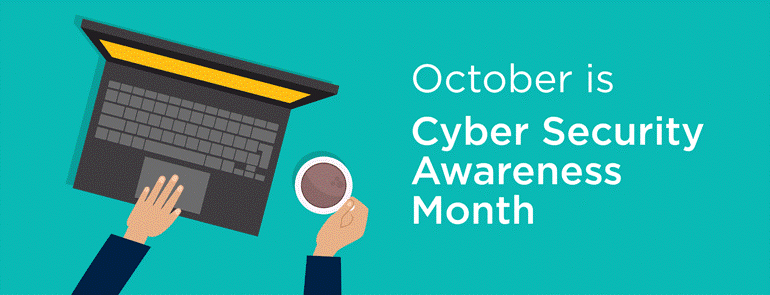Sorry to Be the One to Tell You, But Your Identity Has Been Stolen
By Kathy Stokes - Director, Fraud Prevention Programs at AARP Fraud Watch Network
If you are reading this, I have some bad news. Your identity has been compromised.
That’s right. And so has mine.
At some point over the last month, or year, or decade, our identities have been exposed. Remember the Yahoo data breach announced back in 2016? That alone exposed 3 billion accounts. Just in 2020, 156 million of us had our data exposed.
Beyond data breaches, the sources for today’s criminals are many: taking advantage of our use of the same or similar passwords across online accounts, malicious software downloads, impostor scams, mail theft – even dumpster diving.
Identity theft is just that – your personal sensitive information has been exposed. It’s identity fraud when someone uses your exposed data illegally – to hack your accounts, file for government benefits, or set up new lines of credit in your name. Identity fraud has skyrocketed in the last few years, and a common source is through consumer-centered scams.
In 2020,”traditional” identity fraud – system hacks and the like, led to $13 billion in consumer losses. But identity fraud scams led to an eye-popping $43 billion in consumer losses the same year. This finding comes from the annual ID fraud study from Javelin Strategy & Research, which for the first time in 2020 looked at consumer-focused scams as a source of identity fraud. Read about the study and a special report by Javelin for AARP here.
Scammers have countless methods in their toolboxes. Often its impersonators claiming to be from Social Security, or your utility company, or even a member of your family who is in trouble. The goal is to convince you of something that isn’t true to get you to take quick action to avoid a horrible outcome (lost benefits, utility shutoff, injury to your loved one). Scammers are good at what they do, and the result is billions of dollars lost and millions of identities stolen every year.
The odds are in the favor of today’s criminals in obtaining our identities. But the tools of how to block their use is in ours. Here’s how to lockout scammers, even if they already have your identity but haven’t yet used it.
- Let’s up our game on passwords. We all must do a better job of using unique and complex passwords or the scammers will figure us out. Go old school and write down and safely store each user ID and password, or consider going digital with a password manager.
- Bank online. Sound counterintuitive? Here’s the deal – if you don’t have online access to your financial institutions, criminals can set up access for themselves using your stolen identity. So, go online, or better yet, download your financial institution’s app (better encryption) to do your banking. This also allows you to check your accounts for suspicious activity (and set up alerts to do so) more often than waiting for your monthly or quarterly statement. And remember tip #1 about passwords.
- Freeze your credit. Three credit reporting agencies, Equifax, Experian and TransUnion, collect information about our creditworthiness for lenders and others. You can order three free reports a year to review your information for suspicious activity and accuracy. Beyond monitoring, strongly consider putting a freeze on your credit reports – they are free, and you can freeze and unfreeze as needed. Visit www.annualcreditreport.com to order reports and for information on how to set up your freezes.
Beyond these key actions, make sure to update your device’s operating software when prompted – sometimes the update plugs a newly discovered vulnerability. Keep your protective software updated, too (your firewall, antivirus software and the like). And know the common ways scammers seek to obtain your identity. From fake emails and texts to the dreaded robocall, know what to be on the lookout for.
If you’ve read this, I have some great news. You’re far less likely to be a victim of identity fraud.
